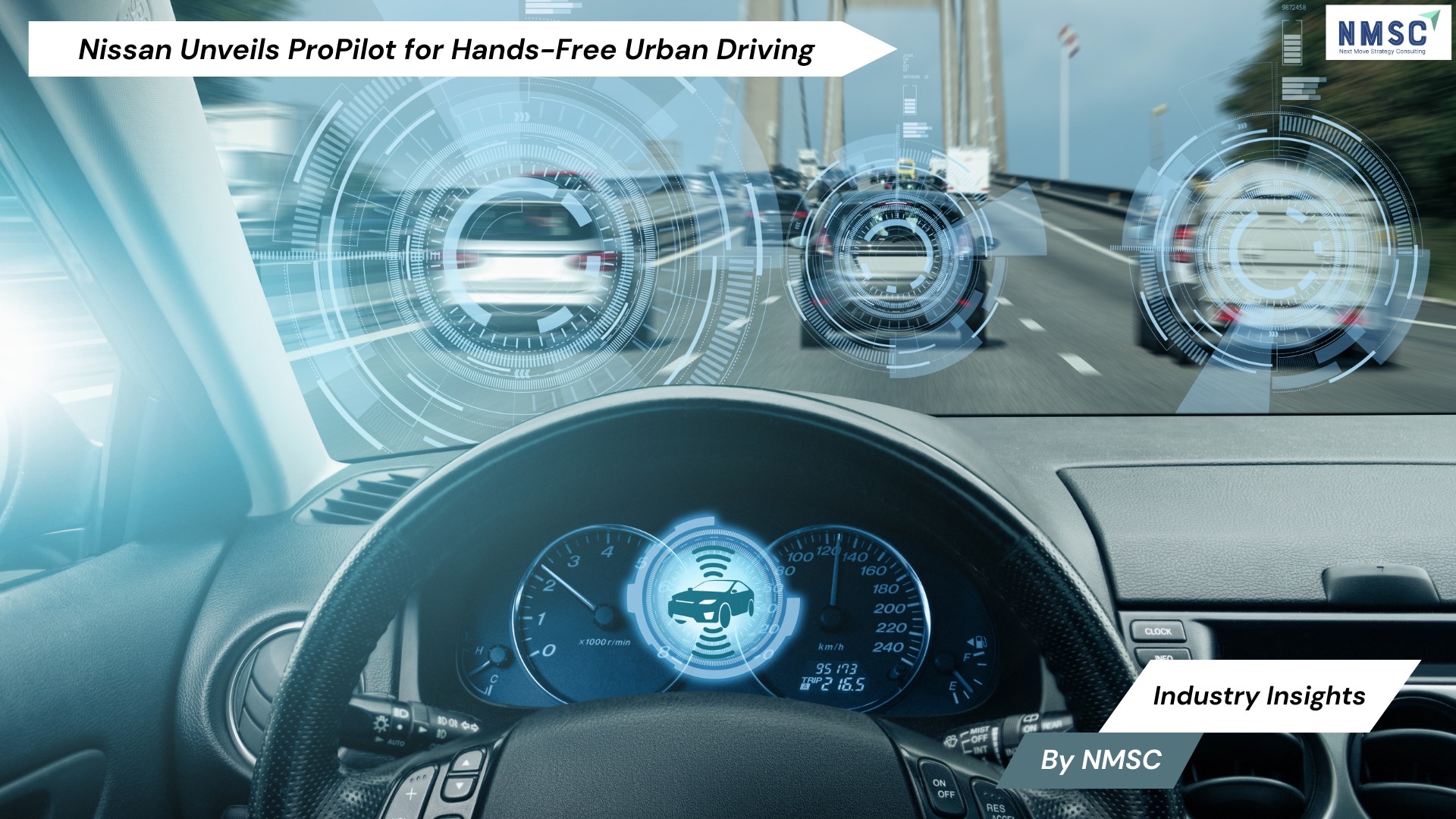Taiwan Smart Dust Market is expected to reach USD 9.4 million by 2030
Published: 2025-02-24
Integration of smart dust in the medical sector and industrial monitoring capabilities of smart dust will drive up the demand for the Taiwan Smart Dust Market during the forecast period.
The Taiwan Smart Dust Market will value at USD 2.4 million in 2025 and is predicted to reach USD 9.4 million by 2030, at a CAGR of 26.0% from 2026 to 2030, according to new research by Next Move Strategy Consulting. The integration of smart dust into the medical sector holds immense promise for revolutionizing healthcare practices nationwide. With its compact size and wireless connectivity, smart dust sensors can seamlessly deploy within the human body to monitor vital signs, detect early signs of diseases, and administer targeted treatments.
This breakthrough technology facilitates real-time data collection, leading to more precise diagnoses and personalized medical interventions. Furthermore, the continuous monitoring capabilities enabled by smart dust enhance preventive care, allowing for timely interventions that ultimately improve patient outcomes and reduce healthcare costs.
As healthcare providers increasingly acknowledge the transformative potential of smart dust, its adoption in the medical sector is expected to drive significant growth in the smart dust market. This recognition of its value in improving healthcare delivery will likely fuel further innovation and investment in smart dust technology, propelling its integration into various aspects of healthcare services.
Additionally, the industrial monitoring capabilities of smart dust hold tremendous potential to revolutionize operations across various sectors nationwide. With its ability to provide real-time data on critical aspects of industrial processes such as equipment performance, environmental conditions, and safety parameters, smart dust offers unparalleled insights for optimizing efficiency and productivity. By enabling continuous monitoring and predictive maintenance, smart dust empowers businesses to minimize downtime, reduce operational costs, and enhance overall performance.
As industries worldwide increasingly prioritize automation, efficiency, and sustainability, the demand for smart dust solutions is expected to soar. This surge in demand is anticipated to drive widespread adoption across diverse sectors ranging from manufacturing and energy to transportation and logistics. Ultimately, the integration of smart dust into industrial processes is poised to usher in a new era of interconnectedness and efficiency, transforming the way businesses operate and driving economic growth and innovation.
However, privacy concerns surrounding smart dust indeed present a significant obstacle to its widespread adoption nationwide. While the technology offers remarkable capabilities for data collection and analysis, the continuous monitoring it enables raises legitimate concerns about individual privacy and data security. Users understandably worry about the potential for unauthorized access to sensitive data collected by smart dust sensors, as well as the risk of covert surveillance.
These concerns are further amplified by the widespread deployment of smart dust, leading to questions about consent and the management of personal information. Addressing these privacy issues effectively will be crucial in overcoming this barrier to market growth and fostering greater acceptance and adoption of smart dust in various sectors.
On the contrary, the integration of smart dust into space exploration indeed holds tremendous potential to revolutionize the industry nationwide. Leveraging its compact size, wireless connectivity, and advanced sensing capabilities, smart dust opens up unprecedented opportunities for data gathering and analysis in space missions.
These miniature sensors can be strategically deployed across vast cosmic terrains, providing invaluable insights into celestial bodies, atmospheric conditions, and spacecraft performance. With real-time monitoring and adaptive decision-making capabilities, smart dust technology enhances the efficiency and success of space missions, enabling space agencies and private firms to make informed decisions and optimize their operations.
As the exploration of the universe increasingly relies on data-centric approaches, the demand for smart dust solutions is expected to surge, driving market expansion and fostering innovation in the space exploration sector. By harnessing the power of smart dust, stakeholders can unlock new frontiers in space exploration, furthering our understanding of the cosmos and advancing scientific knowledge.
The adoption of smart dust technology also promises significant cost savings by reducing the need for large, expensive equipment traditionally used in space missions. Furthermore, its versatility allows for a wide range of applications, from monitoring spacecraft health to studying planetary atmospheres and geological features. This multifunctionality enhances the overall efficiency and flexibility of space exploration endeavors.
Moreover, smart dust enables a more sustainable approach to space exploration by minimizing the environmental impact of missions. Traditional methods often involve the disposal of equipment after use, contributing to space debris and pollution. In contrast, smart dust sensors can be designed for longevity and even retrieval, reducing the accumulation of space debris and promoting responsible space exploration practices.
Request for a Sample PDF on the Taiwan Smart Dust Market
Several market players operating in the Taiwan smart dust market include HP, Cisco Systems Inc, Analog Devices, Lightricity Ltd, IBM, CubeWorks, SINTEF, Sonardyne International Ltd, General Electric, and Hitachi.
Key Insights from the Taiwan Smart Dust Market Report:
-
The information related to key drivers, restraints, and opportunities and their impact on the Taiwan smart dust market is provided in the report.
-
The value chain analysis in the market study provides a clear picture of the roles of each stakeholder.
-
The market share of players in the Taiwan smart dust market is provided in the report along with their competitive analysis.














Add Comment